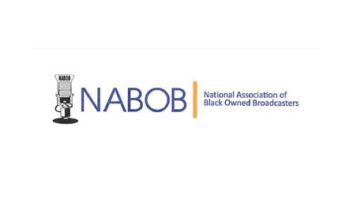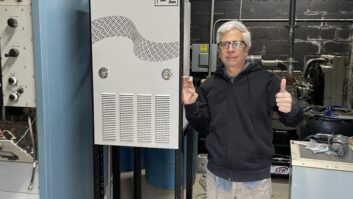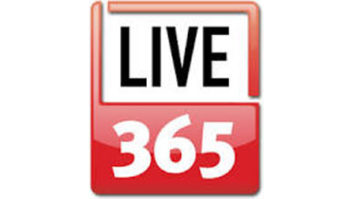In a letter to the editor, Radio World reader Tom Taggart expressed serious concerns about FCC Commissioner Michael O’Rielly’s suggestion to auction off C Band satellite downlink frequencies for terrestrial broadband use.
[Read: O’Rielly Seeks to Knock Down Barriers]
Taggart is owner of Ohio-based for Seven Ranges Radio, which also has stations in West Virginia (WRRR, WVVV and WXCR).
He wrote in to RW on this issue, challenging O’Rielly’s claim that “‘licensed users’ (registered satellite dishes) would be protected.”
To illustrate his point, Taggart reminds readers out how many stations are dependent on satellites for programming:
“It’s 3 p.m. — and my station is running news from a statewide satellite-news network. A competitor across the valley is airing ESPN, in a couple weeks they may be carrying an afternoon Pirates game. Tonight, my classic rock station will be running Alice Cooper. If Commissioner O’Rielly has his way, we would lose all these programs — or have to rely on unreliable internet connections.”
Taggart says his concerns are not merely theoretical.
“This band, years ago, was shared with AT&T and other telcos for point-to-point long-distance links. Fixed, licensed paths that could be plotted and protected against for satellite installations. Our studios are 1500 feet from an old MCI tower, at one time we had a metal screen behind our satellite dish to protect against ‘back-scatter’ from a path aimed away from us. Still, we had to convince MCI to shut down one channel so we could pick up a program from Premiere.”
He recognizes that “NAB’s solution is to ‘register’ our satellite dishes — cost estimates running from $600 to $1,600 per site.”
In addition to concerns over cost, Taggart writes, “But I am not even sure what kind of broadband services are proposed. One might assume these would be omnidirectional sites, like a typical cell site. Even with some clever computer-engineered directional patterns, reflections off hillsides, billboards, buildings would be enough to overwhelm the tiny satellite signal. However, other articles described these services as ‘mobile.’ Even if my dish is registered, how can I resolve interference problems from a mobile device?”
He cites another problematic real life example: “Phil Falcone tried to convert a satellite based license to a ground based data service — in a band adjacent to GPS frequencies. Military and other powerful interests soon shut-down Light-Squared’s plans. Now Falcone is suing the guys who sold him this scheme.”
However, Taggart notes that “Unfortunately, broadcast doesn’t have the muscle to stop this nonsense.”












